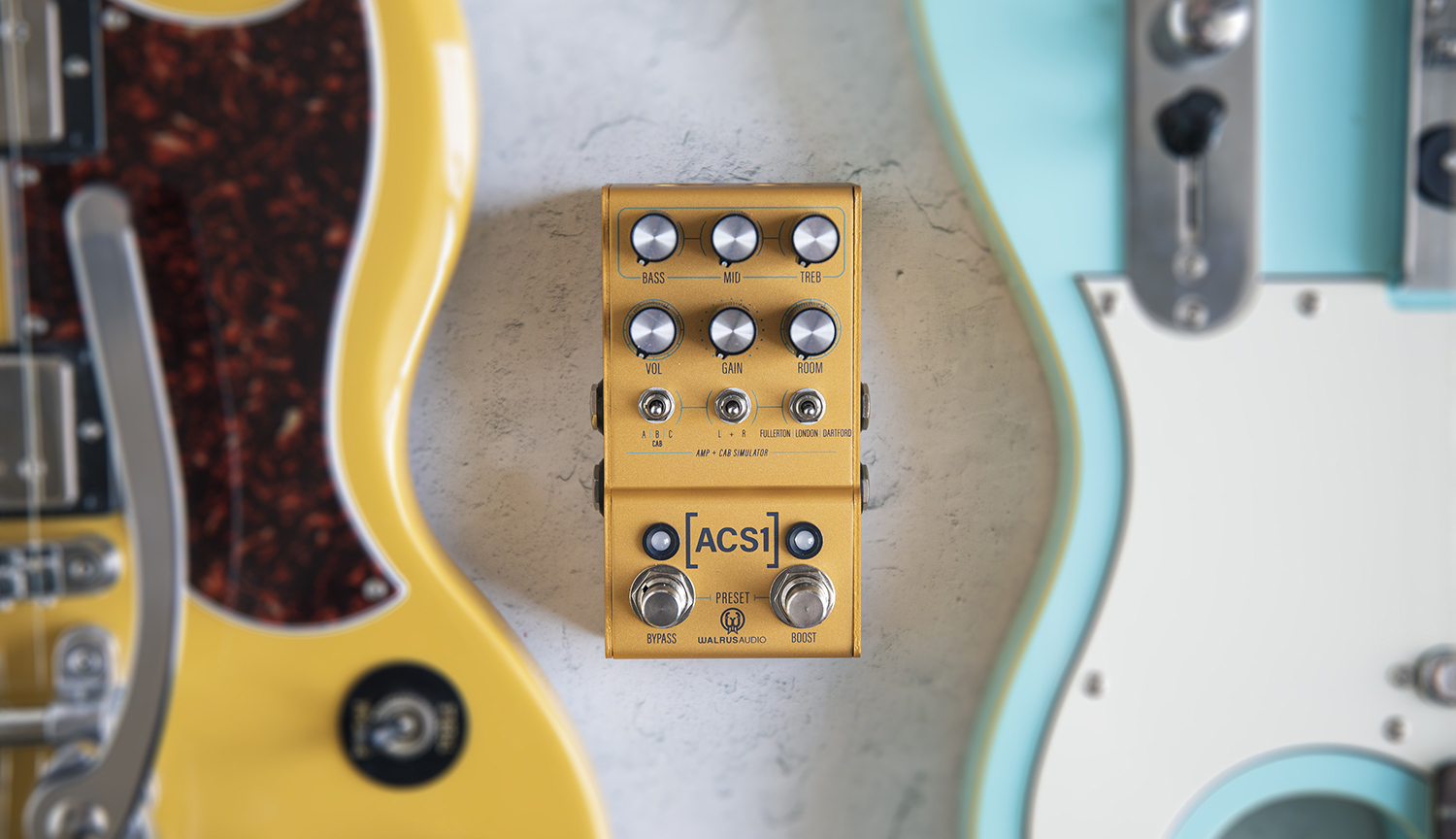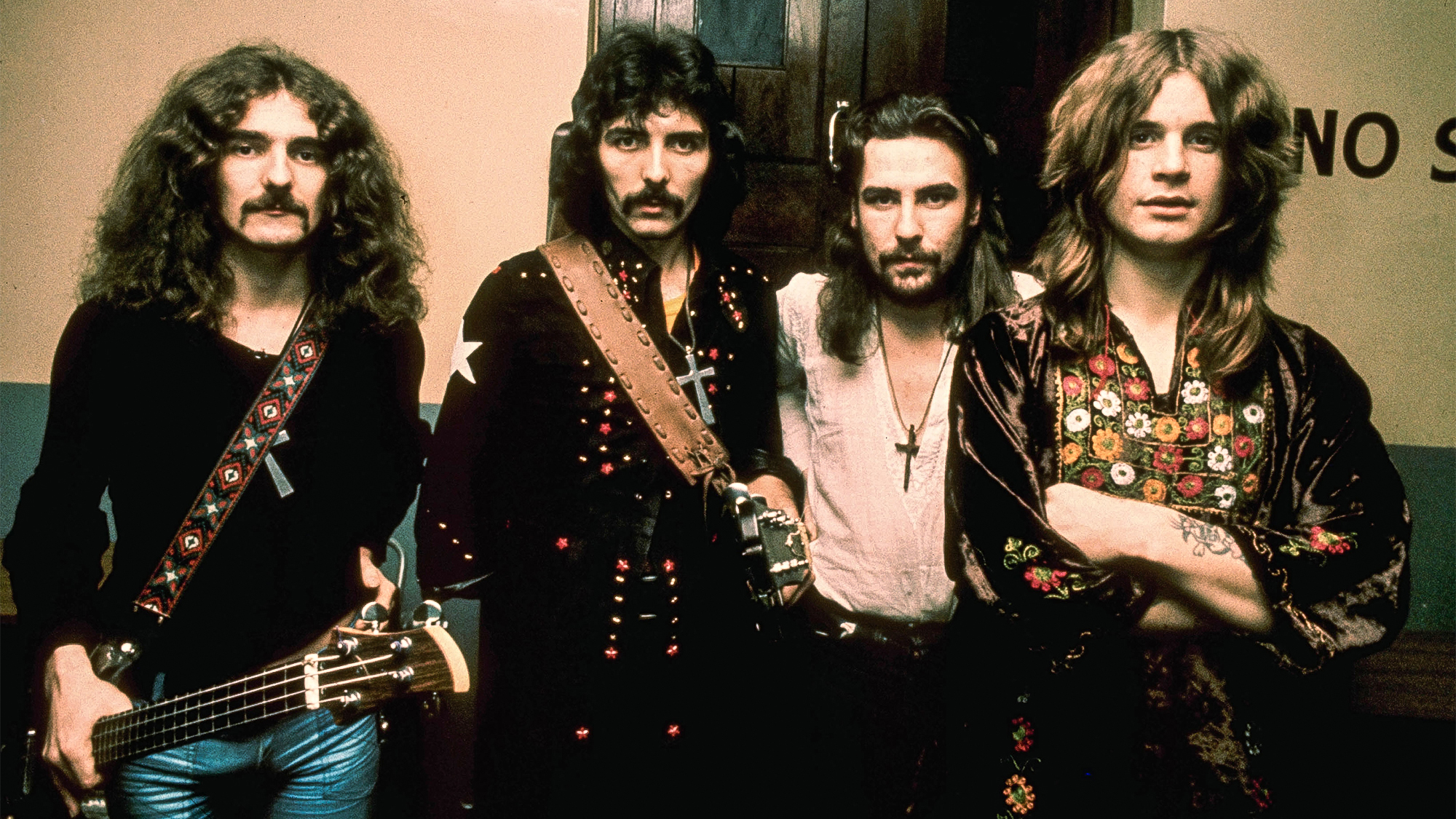Walrus Audio Announces New ACS1 Amp & Cab Simulator
Boasting a trio of amp models, the ACS1 aims to capture that vintage tube sweetness.

All the latest guitar news, interviews, lessons, reviews, deals and more, direct to your inbox!
You are now subscribed
Your newsletter sign-up was successful
Walrus Audio has expanded its Mako series of pedals with the new ACS1 Amp + Cab Simulator.
Walrus Audio's first guitar amp and cab simulator, the ACS1 features three amp models – London (modeled after ’60s-era Marshall Bluesbreakers), Dartford (which takes after '60s-era Vox AC30s), and Fullerton (modeled after Fender Deluxe Reverbs).
Also aboard are half a dozen custom cabinet impulse responses developed by Walrus Audio, but users can also add their own via a web app. Three presets can also be saved on the ACS1.
Controls on the ACS1 come by way of bass, mid, treble, gain and volume knobs, plus a boost switch and an adjustable room size. Full MIDI support also comes aboard.
The ACS1, like its Mako Series brethren, can be run in stereo, but users do have the option of sending a pair of different amps and cabs to the right and left outputs.
The Walrus Audio ACS1 Amp + Cab Simulator runs on 9VDC power, and is available now for $399.
For more info on the pedal, stop by walrusaudio.com.
All the latest guitar news, interviews, lessons, reviews, deals and more, direct to your inbox!

Jackson is an Associate Editor at GuitarWorld.com and GuitarPlayer.com. He’s been writing and editing stories about new gear, technique and guitar-driven music both old and new since 2014, and has also written extensively on the same topics for Guitar Player. Elsewhere, his album reviews and essays have appeared in Louder and Unrecorded. Though open to music of all kinds, his greatest love has always been indie, and everything that falls under its massive umbrella. To that end, you can find him on Twitter crowing about whatever great new guitar band you need to drop everything to hear right now.
